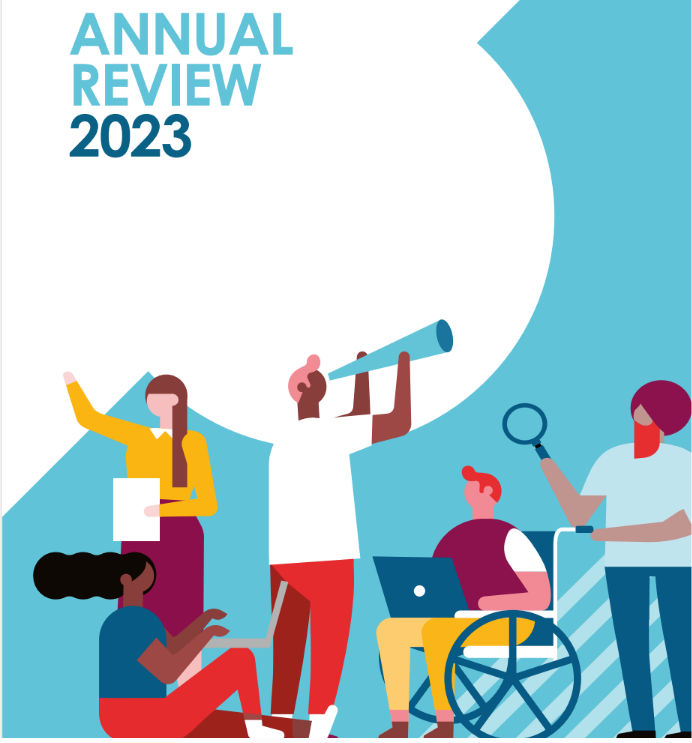Call for evidence
An important part of the Youth Futures Foundation’s approach is to generate and share evidence about how best to tackle youth unemployment, and use this evidence to influence practice and policy.
We have commissioned the Institute for Employment Studies to lead an initial evidence review. This will focus on the most relevant and high-quality available evidence about supporting young people a long way from the labour market into sustained and meaningful employment.
We hope this initial review will identify findings useful for both the YFF and for all those working to tackle youth unemployment. It will identify areas of promise where we may wish to dig further into the findings, as well as showing where there are gaps. By focusing on high quality evidence, we can have more security in the robustness of the findings. The findings will be published in Autumn 2019.
We invite anyone with relevant research to submit their evidence for consideration as part of the review. Find out more here about how to contribute to the review: https://www.employment-studies.co.uk/call-evidence
Evidence submissions
YFF is seeking to capture the highest quality evidence on what works in supporting young people aged 16-24 who face multiple disadvantages in the labour market to enter and sustain meaningful work. To capture this evidence, IES will lead a rapid evidence assessment (REA) and systematically interrogate academic databases and national and international policy evidence sources for materials to include.
However, there is likely to be high quality evidence that is not in the public domain or that stakeholders wish to recommend to the review. The purpose of this call is to capture that evidence.
Types of evidence requested
IES will apply the NESTA standards of evidence. Studies which establish causality will be prioritised for review (Levels 3-5). Quality criteria for inclusion of evidence will cover independence of evaluation as well as rigour and validity of methods applied.
The evidence we are seeking will be:
- An impact evaluation ideally supported by process/qualitative evaluation
- From the UK or OECD countries
- Published in English
- Published from 2010 onwards
Please submit evidence by 6 August 2019 to https://www.employment-studies.co.uk/call-evidence


